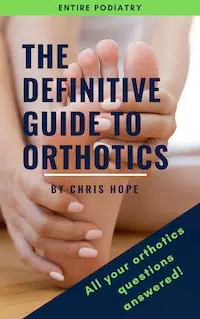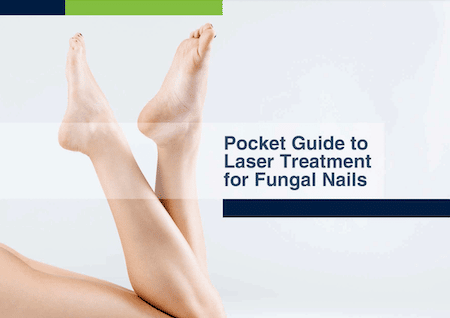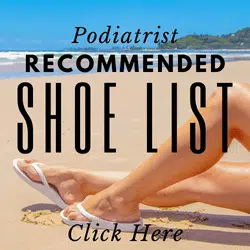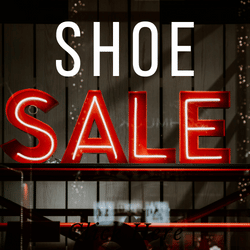Ingrown toenail self care
Many cases of ingrown toenails occur due to an inherited tendency for the sides of the toenails to grow inward. However, other factors also contribute to the development of ingrown toenails and some cases could be prevented through general foot care and avoiding aggravating factors.
Reduce your risk of developing an ingrown toenail with the following key tips:
Cut your toenails correctly
It might sound like a simple task, but one of the most common causes of ingrown toenails is poor nail cutting technique. When it comes to trimming your toenails, the two most important things to remember to avoid ingrown toenails are:
- Cut your nails straight across
- Avoid cutting your nails too short
Make sure your footwear fits well
Avoid wearing tight shoes and/or tight socks that can create friction against the toenail bed. This friction can cause the nail to grown into the surrounding tissue.
Protect your feet
Any sort of trauma to your feet, and toenails in particular, can cause your toenails to become ingrown. If you are at risk of injuring your toes in your work or leisure activities, it’s best to wear protective footwear. Ingrown toenails are also at risk of becoming infected, but the risk of infection can be reduced by keeping any traumatised areas of skin clean and protected with a dressing.
Home care for infected ingrown toenail
If your toe is red, sore, pustulent and infected, contact us at Entire Podiatry for an appointment. Let us know your toe is infected and we will do our utmost to see you as soon as possible.
In the meantime, you can soak your feet in a medicated footbath to assist in resolving the infection. This can be done easily at home by mixing either a capful of betadine solution or a handful of Epsom Salt with lukewarm water in a bucket or foot spa and bathing your affected foot for up to 5 minutes twice a day. We also recommend you keep the toenail covered with a topical antiseptic cream and a suitable dressing/band aid to protect the toe from further injury and from germs.
Read more about ingrown toenail treatment.
Recurring ingrown toenails – please seek professional advice
If you have a family history of ingrown toenails, it’s best to see a Podiatrist for professional advice and treatment options, which may include surgery. Minor surgery to remove a portion of the ingrown toenail is generally the best option in cases of recurrent ingrown toenails. This often provides a permanent solution to an otherwise persistent problem. Click for more information about ingrown toenail surgery.





